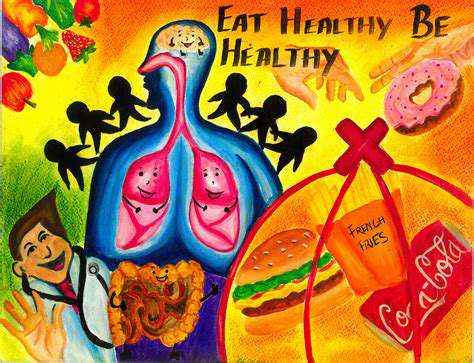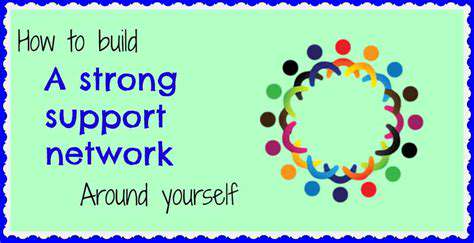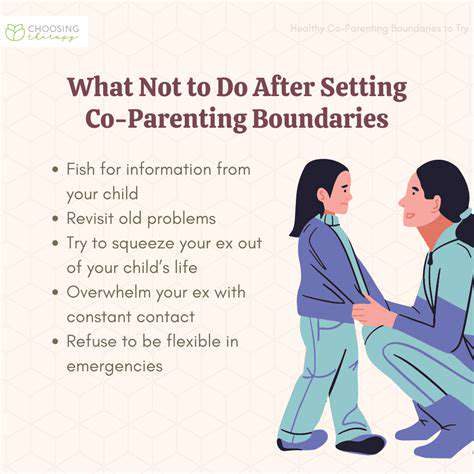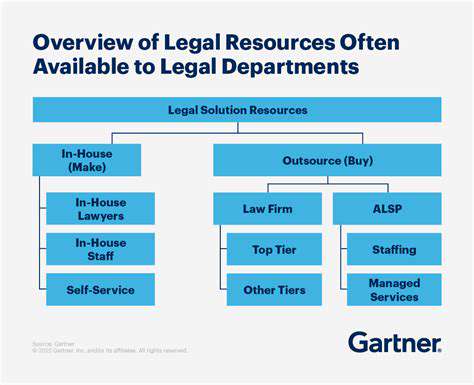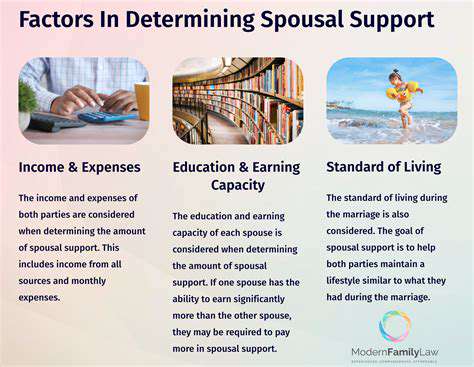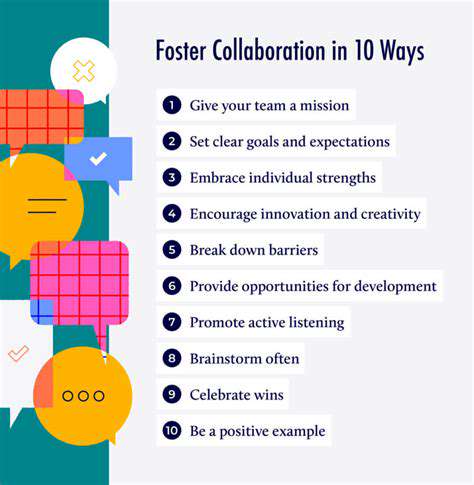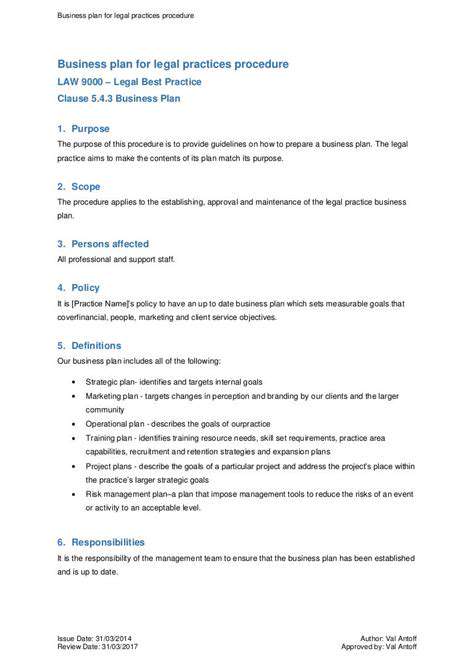Supporting Your Child’s Emotional Needs After Divorce
Active Listening: The Foundation of Understanding
Truly hearing children's concerns involves more than processing their words. It requires full presence - noticing subtle shifts in body language, tone, and emotional energy. When parents demonstrate this quality of attention, children feel safe expressing their most vulnerable thoughts.
Watch for nonverbal signals like slumped shoulders or avoidance of eye contact. These often reveal more than verbal statements. Reflect back what you observe: I notice you're looking down when we talk about visitation - are you feeling uneasy about something? This approach invites deeper sharing.
Creating a Safe Space for Vulnerability
Children need assurance that their emotions won't overwhelm the adults they depend on. When parents model calm acceptance of difficult feelings, young people learn that all emotions are valid and manageable. This foundation supports healthy emotional development through challenging times.
Simple statements like It's okay to feel however you feel or I can handle hearing whatever you need to say build tremendous trust. Avoid rushing to fix problems - sometimes children just need witnesses to their experience more than solutions.
Honest and Respectful Dialogue
Age-appropriate truthfulness strengthens family bonds during transitions. When parents acknowledge their own uncertainties while emphasizing enduring commitments (I don't have all the answers, but I know we'll get through this together), children develop resilience.
Balancing honesty with reassurance represents a delicate but crucial parenting skill. Children benefit from understanding basic facts about changing circumstances while being shielded from inappropriate adult concerns. This careful filtering protects their emotional well-being.
Empathy and Active Listening in Action
Validating children's experiences doesn't require perfect understanding. Simply reflecting their stated feelings (This must feel really confusing for you) demonstrates emotional attunement. Such moments of connection become anchors during turbulent times.
Resist the urge to compare experiences (I know exactly how you feel). Instead, leave space for their unique perspective: Help me understand what this has been like for you. This approach honors their individual journey through family changes.
Setting Healthy Boundaries
Clear, compassionate limits provide stability when other aspects of life feel uncertain. Consistent routines around mealtimes, homework, and visitation schedules create predictable structure. These boundaries paradoxically increase children's sense of safety and freedom.
Boundaries work best when explained with care and maintained with kindness. For example: I know you want to sleep at Mom's tonight, but we agreed Tuesdays are Dad's nights. Let's plan something special for your next stay here. This balances flexibility with important consistency.
Adolescents naturally push against limits as they develop independence. During family transitions, this developmental process may intensify. What appears as rebellion might actually represent attempts to regain control amidst unsettling changes.
Addressing Specific Concerns and Fears: Empathy and Guidance
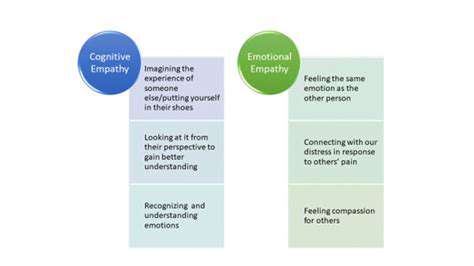
Addressing Financial Strain
Economic pressures frequently compound the stress of family transitions. Suddenly managing household expenses alone can feel overwhelming. Practical strategies like reviewing insurance policies, refinancing options, and tax implications become essential survival skills.
Financial literacy transforms from nice-to-know to must-have knowledge during life transitions. Community education programs, nonprofit credit counselors, and online budgeting tools offer valuable support for rebuilding economic stability.
Navigating Healthcare Challenges
Insurance coverage often becomes complicated after marital status changes. Understanding COBRA options, Medicaid eligibility, and children's healthcare rights requires careful research. Many communities offer free legal clinics to help navigate these complex systems.
Preventive care becomes especially important during stressful periods. Maintaining regular medical checkups, dental visits, and mental health support helps prevent small issues from becoming major health crises.
Exploring Educational Opportunities
Major life changes sometimes prompt career reevaluations. Community colleges often offer flexible programs for adults returning to school. Online certification programs in growing fields can provide new career pathways without requiring extensive time commitments.
Educational advancement represents one of the most reliable paths to financial recovery. Many universities offer special scholarships for single parents or adults changing careers after significant life events.
Addressing Housing Instability
Housing transitions frequently accompany family structure changes. Understanding tenant rights, mortgage modification programs, and affordable housing options helps maintain stability during turbulent times. Local housing authorities often maintain updated resource lists.
Creative solutions like co-housing arrangements or accessory dwelling units sometimes provide temporary solutions while longer-term plans develop. Community organizations frequently know about housing opportunities before they appear on public listings.
Improving Mental Well-being
Prioritizing emotional health benefits the entire family system. Simple practices like regular exercise, adequate sleep, and mindfulness techniques help regulate stress responses. Many find journaling or art therapy helpful for processing complex emotions.
Mental health maintenance deserves the same priority as physical health care. Employee assistance programs often provide free counseling sessions, while community centers may offer sliding-scale therapy options.
Strengthening Community Bonds
Social connections often fray during difficult transitions, yet they're most needed then. Neighborhood parenting groups, faith communities, or hobby-based meetups can provide both practical support and emotional connection.
Reciprocal support systems create resilience - sometimes giving help strengthens us as much as receiving it. Simple acts like meal exchanges or childcare swaps build networks that sustain families through challenges.
Empowering Individuals to Thrive
Personal growth often emerges from life's most difficult chapters. Developing new skills, discovering inner strengths, and forming deeper connections frequently follow initial periods of struggle.
Post-traumatic growth represents a well-documented psychological phenomenon. With time and support, many people report increased empathy, renewed purpose, and greater appreciation for life after navigating significant challenges.
Read more about Supporting Your Child’s Emotional Needs After Divorce
Hot Recommendations
- divorce asset division legal checklist
- how to overcome breakup shock step by step
- divorce self growth strategies for single parents
- how to overcome divorce trauma quickly
- emotional recovery tips for breakup survivors
- divorce breakup coping strategies for adults
- how to find effective divorce counseling online
- divorce custody battle resolution strategies
- how to find affordable breakup counseling services
- best co parenting solutions for divorce cases


